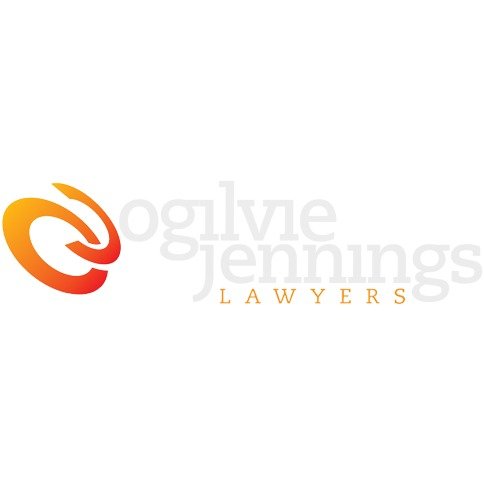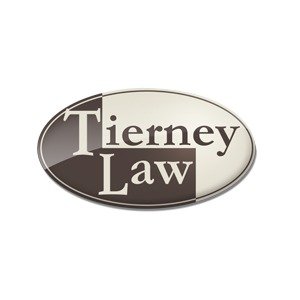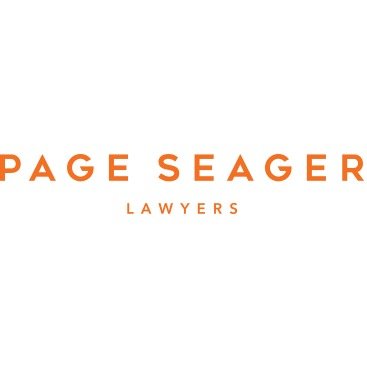Best Foreclosure Lawyers in Hobart
Share your needs with us, get contacted by law firms.
Free. Takes 2 min.
Free Guide to Hiring a Real Estate Lawyer
List of the best lawyers in Hobart, Australia
About Foreclosure Law in Hobart, Australia
Foreclosure Law in Hobart, Australia, works primarily to manage the process wherein a lender (usually a bank or financial institution) takes control of a property when a borrower fails to keep up their mortgage payments. When a homeowner defaults on their loan, the lender applies for court action to take control of and sell the property to recover their losses. The legal procedure operates under the Conveyancing and Law of Property Act, and it may often involve complex litigation.
Why You May Need a Lawyer
Engaging a legal professional in foreclosure cases is highly recommended due to the complex nature of the laws and procedures surrounding it. Circumstances that may necessitate a lawyer include: If you're facing a foreclosure and want to keep your house, if you need to navigate your rights during a foreclosure process, or if you're looking for options like applying for mortgage modifications or filing for bankruptcy. Lawyers can also help by negotiating with lenders or disputing foreclosure actions if they are found to be executed wrongly.
Local Laws Overview
The key aspects of local laws particularly relevant to Foreclosure in Hobart, Australia, include the Conveyancing and Law of Property Act and the Property Law Act. These laws dictate the lender's rights to sell the property, the notice period before taking action, the property seizure method, and the borrower's rights and defenses. They also set out the legal mechanisms for how a lender can recover any outstanding debt after the property sale. It is crucial to be confident in your understanding of these laws and their application to your situation - this is where a specialized foreclosure solicitor can provide invaluable insight and guidance.
Frequently Asked Questions
What happens if I can't pay my mortgage?
If you cannot meet your mortgage payments, your lender may begin the formal foreclosure process, potentially resulting in the loss of your property. It is advisable to seek professional legal help promptly if this is likely or is already occurring.
Can I avoid foreclosure?
Yes, there may be various avenues available to avoid foreclosure, including borrowing from a family or friend, negotiating with the lender, selling the property privately before foreclosure, or filing for bankruptcy. The viability of these options will depend on your circumstances. Consult a foreclosure lawyer to explore your potential courses of action.
What is the timeline for foreclosure in Hobart, Australia?
The foreclosure timeline can vary significantly, depending largely on the particular circumstances and involvement of the court. It may take several months or even years to finalize a foreclosure. Legal advice can provide a better understanding of likely timeframes in your situation.
Who gets the money from the sale of a foreclosed property?
The lender generally uses the money from a foreclosed property sale to repay the debt owed by the borrower. Once the lender's cost has been recouped, any surplus from the sale should generally be returned to the borrower.
What can I do if the foreclosure was done wrongly?
If you believe a foreclosure has been incorrectly handled, it is possible to dispute the process through the court system. This typically requires professional legal representation familiar with foreclosure law.
Additional Resources
For more information about foreclosure, consider seeking guidance from local Consumer Affairs departments, legal aid services, or financial counselling services. The Australia Securities and Investments Commission (ASIC) and the Financial Ombudsman Service (FOS) also provide resources for those dealing with foreclosures.
Next Steps
If you need legal assistance with foreclosure, the first step would be to find a reputable lawyer experienced in foreclosure cases. It is also advisable to gather all relevant documents, such as loan agreements, mortgage contracts, repayment records, and any notice received from your lender. This information will be crucial for your lawyer to understand your situation and provide suitable advice and guidance.
Lawzana helps you find the best lawyers and law firms in Hobart through a curated and pre-screened list of qualified legal professionals. Our platform offers rankings and detailed profiles of attorneys and law firms, allowing you to compare based on practice areas, including Foreclosure, experience, and client feedback.
Each profile includes a description of the firm's areas of practice, client reviews, team members and partners, year of establishment, spoken languages, office locations, contact information, social media presence, and any published articles or resources. Most firms on our platform speak English and are experienced in both local and international legal matters.
Get a quote from top-rated law firms in Hobart, Australia — quickly, securely, and without unnecessary hassle.
Disclaimer:
The information provided on this page is for general informational purposes only and does not constitute legal advice. While we strive to ensure the accuracy and relevance of the content, legal information may change over time, and interpretations of the law can vary. You should always consult with a qualified legal professional for advice specific to your situation.
We disclaim all liability for actions taken or not taken based on the content of this page. If you believe any information is incorrect or outdated, please contact us, and we will review and update it where appropriate.















